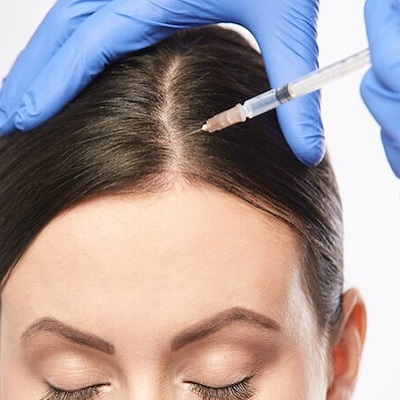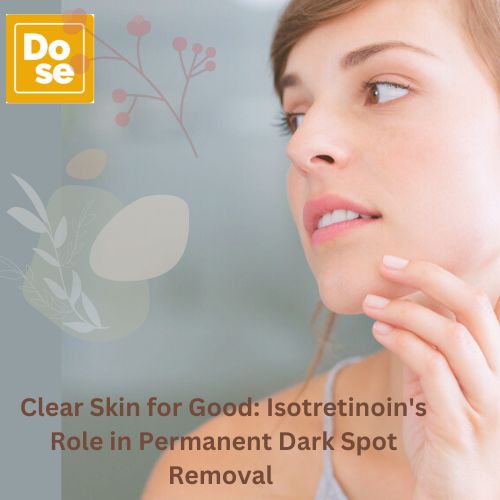Who Should Refrain from PRP Treatment?

Platelet-Rich Plasma (PRP) therapy in Islamabad has become a sought-after non-surgical option for various conditions, especially in hair restoration and skin rejuvenation. This procedure utilizes the body’s own platelets and growth factors to stimulate healing and promote tissue regeneration. However, PRP therapy is not appropriate for everyone. This article outlines the groups of individuals who should consider avoiding PRP treatment to ensure safety and optimal outcomes.
1. Individuals with Blood Disorders
A primary consideration in determining suitability for PRP therapy is the presence of blood disorders. Conditions that may disqualify a person from treatment include:
- Thrombocytopenia: This condition is characterized by a low platelet count, which can compromise the effectiveness of PRP, as the therapy relies on the concentration of platelets for optimal healing.
- Coagulation Disorders: Individuals with conditions that affect blood clotting, such as hemophilia or von Willebrand disease, face increased risks during and after the procedure. These disorders heighten the chances of excessive bleeding or complications during the injection process.
- Blood-Thinning Medications: Patients who are on anticoagulant or antiplatelet medications may need to avoid PRP therapy, as these drugs can interfere with the body’s natural healing mechanisms and increase the risk of complications.
It is crucial for individuals with any of these conditions to consult with a healthcare provider to discuss their medical history and assess the appropriateness of PRP therapy.
2. Active Infections or Skin Issues
Patients with active infections or skin conditions in the area designated for PRP administration should refrain from the procedure. Types of conditions that warrant caution include:
- Bacterial Infections: Infections such as cellulitis can pose significant risks during PRP treatment, as the introduction of needles into infected areas may lead to further complications.
- Herpes Simplex: Individuals with a history of cold sores or herpes simplex virus outbreaks should also consider postponing PRP treatments, particularly in facial areas, as the procedure may trigger an outbreak.
- Eczema or Psoriasis: Chronic skin conditions may impact the effectiveness of PRP therapy, particularly if the skin is inflamed or irritated.
Addressing any active infections or skin issues prior to undergoing PRP therapy is essential to minimize the risk of complications.
3. Cancer Patients
Individuals undergoing cancer treatment, especially those with blood cancers such as leukemia, lymphoma, or multiple myeloma, should avoid PRP therapy. Important considerations include:
- Immunocompromised State: Cancer treatments can weaken the immune system, increasing the risk of infections and complications during the PRP process.
- Tumor Growth: The introduction of growth factors through PRP could potentially stimulate tumor growth, raising concerns for patients with a cancer history.
Patients with current or past cancer should discuss their situation with their oncologist before considering PRP therapy.
4. Pregnant or Nursing Women
Pregnant or nursing women should approach PRP therapy cautiously. While there is no definitive evidence suggesting harm during pregnancy or lactation, the lack of research in this area raises potential safety concerns. Hormonal changes during pregnancy may also affect the body’s healing processes, making it difficult to predict the treatment’s effectiveness.
5. Individuals with Poor Wound Healing
Those with a history of poor wound healing or compromised skin integrity may not be ideal candidates for PRP therapy. Conditions that can complicate treatment include:
- Diabetes: Individuals with uncontrolled diabetes may face delayed healing and increased risks of complications.
- Autoimmune Disorders: Patients with autoimmune conditions may experience an impaired healing response, which can make PRP therapy less effective.
Individuals with these conditions should consult with a healthcare provider before proceeding with treatment to evaluate their eligibility for PRP therapy.
6. Individuals Seeking Quick Solutions
PRP therapy is not an instant fix; it requires a commitment to multiple sessions for optimal results. Those looking for immediate solutions or who are unwilling to follow a treatment schedule should reconsider PRP therapy. The process is gradual, and patience is crucial for achieving desired outcomes.
Conclusion
While PRP therapy offers promising benefits for many, it is not suitable for everyone. Individuals with blood disorders, active infections, a cancer history, pregnant or nursing women, those with poor wound healing, and those seeking quick fixes should carefully weigh their options before proceeding with PRP treatment.
Consulting a qualified healthcare provider is essential for assessing personal health factors and determining whether PRP therapy aligns with individual treatment goals. By understanding who should refrain from PRP, potential patients can make informed decisions prioritizing their safety and well-being.
For more information visit Dynamic Clinic PK










